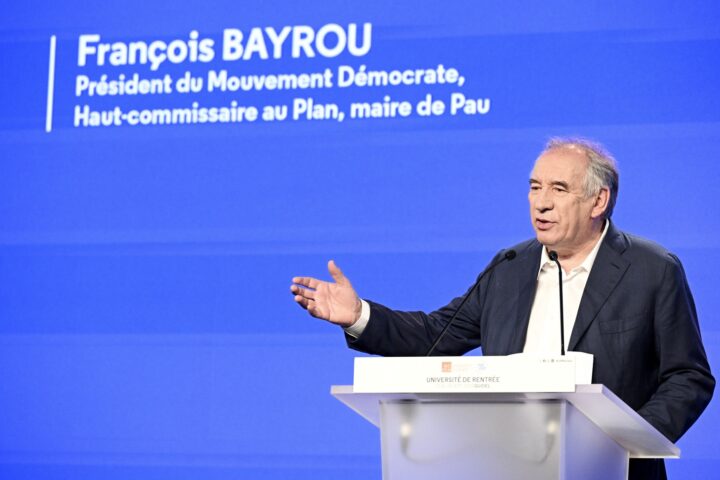France’s government is heading into a political showdown as Prime Minister François Bayrou prepares for a confidence vote on September 8. The move comes amid fierce resistance to his €44 billion austerity budget plan, aimed at reducing the deficit to 4.6% of GDP next year—still above EU limits.
Bayrou, surprisingly calm last week, said he had asked President Emmanuel Macron to convene an extraordinary parliamentary session before budget debates begin. By calling a confidence vote, Bayrou hopes to secure legitimacy for his unpopular savings package, which includes measures such as the cancellation of two public holidays.
But the gamble is high-stakes: if he fails, France will face its fourth prime ministerial change in less than two years, forcing Macron to appoint a fifth head of government in just 600 days—an instability not seen since the Third Republic of the 1930s.
Debt Burden and Market Pressure
France’s public debt exceeds €3 trillion, with rising interest payments consuming tens of billions annually. Following Bayrou’s announcement, markets reacted nervously, with bond yields briefly surpassing even those of Greece. Credit rating agencies have already warned of a possible downgrade if Paris fails to deliver a credible fiscal plan.
Finance Minister Éric Lombard stressed that the government is determined to maintain market trust:
“Our responsibility is to preserve confidence. We are on the right path.”
He warned that without discipline, France risks higher borrowing costs than Italy—and even potential intervention by the IMF.
A Parliament in Deadlock
Since the 2024 elections, Macron’s centrist bloc has lacked an absolute majority, leaving Parliament split between:
- The far-right Rassemblement National (RN)
- Macron’s centrist allies
- The left-wing alliance (LFI, Greens, Communists, Socialists)
RN leader Marine Le Pen declared her party will vote against Bayrou, calling instead for new elections:
“Only dissolution can give the French people the chance to decide their future.”
The left is also united in opposition. La France Insoumise (LFI) has announced a general protest strike for September 10, while Socialists, Greens, and Communists have all rejected Bayrou’s austerity plan. Socialist leader Olivier Faure branded it an “unjust budget” and promised an alternative proposal.
Even parts of the conservative camp are uneasy. Xavier Bertrand, President of Hauts-de-France, warned against overburdening the middle class, arguing that harsh cuts would only fuel RN’s popularity, which is already leading in opinion polls.
Historical Parallels
Observers draw comparisons with 1932–1933, when France suffered political paralysis under the Third Republic, cycling through six prime ministers in less than two years due to endless budget disputes. Today, the same budgetary deadlock threatens to destabilize both the government and democracy itself.
Bayrou’s Dilemma
Bayrou is trapped:
- Without deep cuts, he risks losing market credibility.
- With drastic austerity, he risks losing his parliamentary majority.
The September 8 confidence vote will therefore serve not only as a judgment on his government, but also as a test of France’s political stability.
If Bayrou falls, Macron faces unenviable choices:
- Call early parliamentary elections just one year after the last.
- Appoint a technocratic government or reach across political lines.
- Or, in a more dramatic move, consider an early transfer of power just 18 months before the 2027 presidential race.
For now, the central question remains: how can France govern when its finances are spiraling out of control and no parliamentary majority is willing to bear the weight of austerity?







